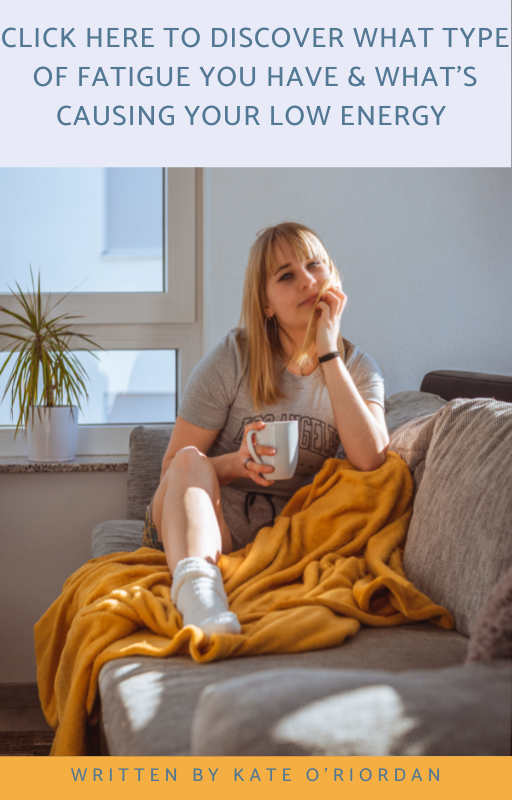| 10 Signs You May Have a Hormone Imbalance |
Hormones are like chemical messengers, and govern nearly every cellular action in our body.
While very important, our sex hormones like oestrogen, progesterone and testosterone, are actually not essential for our survival.
They’re responsible for sexual functioning and fertility, as well as in more of a “beauty” capacity – keeping our skin, hair & nails vital and youthful looking.
On the other hand, stress hormones (like cortisol & epinephrine, also known as adrenaline) are critical to our survival because they synthesise proteins, maintain cellular electrolyte balance, regulate heartbeat and blood pressure, and transport glucose into our cells – essentially feeding our brain.
These hormones are so crucial, that in times of chronic stress, cortisol (the “hormone of stress”) will be made at the expense of sex hormones. No wonder we can start feeling whacked out at certain stages of life!
SO WHAT HAPPENS WHEN HORMONES STOP PLAYING WELL TOGETHER?
We can often experience a ripple effect, LIKE MOOD SWINGS, even when there’s a slight hiccup in hormone function.
Also, due to the fact that the interconnected nature of your endocrine system, one hormonal imbalance can lead to an additional one, causing multiple symptoms and overlapping health issues.
The 10 signs you may have a hormone imbalance
- Poor sleep – not being able to fall asleep or stay asleep
- Fatigue that’s not alleviated by sleep
- Night sweats and hot flashes
- Resistant excess weight and body fat, especially around the belly
- Low libido or sexual dysfunction
- Acne or other skin issues
- PMS symptoms
- Foggy thinking (brain fog!) and difficulty concentrating
- Mental health issues – depression and anxiety in particular
- Mood changes like irritability and anger
THE MAIN CAUSES OF HORMONAL IMBALANCES
While there are many causes, here are the most common ones that have been identified:
- Age and stage of life
- Chronic stress
- Medications (e.g. the Pill)
- Toxins and endocrine disruptors like xenoestrogens
- Poor nutrition and lack of adequate key nutrients
- Blood sugar regulation problems
- Disrupted circadian rhythm
- Chronic inflammation (e.g. leaky gut & digestive system inflammation)
SIMPLE WAYS TO SUPPORT AND REBALANCE YOUR HORMONES NATURALLY
Eat whole foods: processed, packaged foods offering little to no nutritive value will also offer little to no fuel for your hormones.
Be sure to eat fresh over packaged foods, including plenty of vegetables, fruits, and quality sources of free range and grass fed meats and eggs. Also, if tolerated – nuts, seeds, and legumes in moderation.
Grains and dairy may cause or exacerbate hormonal problems for some people.
Eat more good fats: Good fats are essential for hormonal health because sex hormones need fat as a building block – and your body can only use the ones you give it.
Opt for sources of good fats from whole foods, such as avocados, raw nuts & seeds, coconut oil, extra virgin olive oil, real butter or ghee (grass fed preferable), wild-caught salmon, and free range eggs – yes, you can eat the yolks!
Exercise daily: Working out on a regular basis, engaging in resistance (or strength) training, and incorporating a specific workout called HIIT (high intensity interval training) has been proven to be especially beneficial for keeping our bodies AND our hormones fit.
Better sleep: getting deeper, more restorative sleep can be the key to supporting your hormones, above all other measures (but that doesn’t mean you should ignore the other ones!)
Stress management & self-care: the truth is – stress can be devastating for hormonal health.
We need to equip ourselves to manage the stress and “business” of everyday life through the actions that bring back balance and wellbeing to our bodies AND our minds – like good nutrition, exercise and sleep!
Learn better coping mechanisms (like breathing techniques), practice mindfulness and be sure to engage in daily self-care.
References:
Photo by Jen Theodore on Unsplash
Hormone-friendly Cho-Coco Fat Bombs Recipes
Ingredients:
½ cup almond or other nut butter, no sugar-added (if nut-sensitive, use sesame tahini or pumpkin seed butter)
½ cup virgin coconut oil
3tbsp raw cacao powder
stevia, xylitol or monk fruit to sweeten to taste
silicone candy mould or mini-muffin pan
Optional add-ins:
- splash of real vanilla extract or vanilla powder
- cinnamon or ginger
- pinch of Himalayan pink salt or Celtic grey salt
Instructions:
- In a large pan melt the coconut oil and nut butter over low heat.
- Stir in cacao powder and desired sweetener.
- Remove from heat and add vanilla (+ other add-ins), if using.
- You may want to pour mixture into a “spouted” cup to make pouring easier.
- Pour mixture into silicone candy molds or mini-muffin pan (about 1 Tb of mixture)
- Put in freezer or fridge until set.
- Remove from molds and store in the fridge in an airtight container.
Be mindful that each fat bomb is considered a full serving of fat – great for curbing the appetite, satisfying a sweet tooth and supporting your hormones with the building blocks they need!



